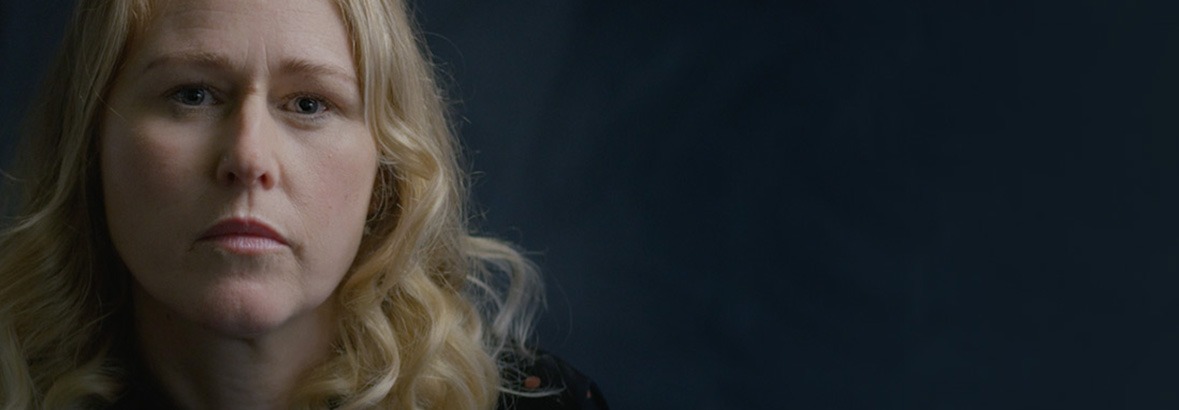
I remember the day Austin received his autism diagnosis vividly. I was sat alone in a room with a consultant paediatrician when he said to me, “Your son has autism. I’m sorry, this is a devastating diagnosis.” And that was it…I was shown the door. I was in shock, disbelief and hearing the word ‘autism’ struck fear in me, it was the unknown and I was scared.
I left the children’s centre and walked home in tears. I felt lost and suddenly very alone, it was as if time has stood still. Looking back, I probably spent the first two weeks in denial. However, I quickly realised that if Austin was going to get the help and support he needed then I would have to be strong for him. I had an overwhelming desire to protect him but at that point little did I know the fight we had ahead of us.
As a new autism parent, I went through a grieving process. Naturally, you worry that your child may not achieve all the hopes and dreams you have for them. Will they go to university, get married, have children? Once I got my head round the diagnosis none of this mattered. Austin was still Austin and I was determined that the diagnosis – although part of who he is – would not define him. That does not mean that I wasn’t worried for his future, I was and that’s something that never goes away for an autism parent.
Ever increasing anxiety
The hardest times for me were seeing Austin struggle with his ever increasing anxiety and trying to make sense of the world around him. As Austin became older the meltdowns became more frequent and his behaviour increasingly more challenging. The most difficult time for Austin was entering puberty. The change from being a boy to becoming a young man was overwhelming for him. He couldn’t cope and he shut down, going through long periods of clinical depression, severe anxiety, increased obsessive compulsive behaviours and eventually self-harm.
Unfortunately, Austin had a complete breakdown and we reached crisis point. He was no longer able to attend school and I was caring for him alone at home, day and night. To see your child suffering with their mental health is heart-breaking. I felt guilty and had no idea what to do to help Austin. I was also angry and frustrated as I felt the system had let my son down. I was asking for help but no one seemed to be listening. I was navigating a system on Austin’s behalf that seemed ill equipped to deal with a young man who so desperately needed help.
This eventually took its toll on me too and I was exhausted. Surviving on a maximum of two hours of sleep a night things eventually caught up on me. I’d lie awake at night not wanting to carry on and was troubled by my own thoughts as I too slipped into severe depression and anxiety. I would get up the next day and carry on for the sake of Austin because I had to but I didn’t know how much longer we could continue living like this.
One of the worst days was when at the age of 17, Austin was detained under the Mental Health Act. After spending six months on an acute adolescent mental health ward I fought for him to go into an assessment and treatment unit (ATU), at the time believing that this would provide specialist, learning disability care. The reality was very different and I soon came to realise that ATUs are ‘holding pens’ where individuals are contained and discharge planning is delayed. And this place was to become Austin’s home for nearly 20 months, even after he was placed on a delayed discharge and declared ready to leave hospital 10 months prior to his eventual discharge.
His strength, determination and courage are the hallmarks of his character
Looking back Austin’s story isn’t all about the difficult times and ultimately it’s one of hope. Austin has got through two crisis points and he’s still only 20 years old. His strength, determination and courage are the hallmarks of his character and he should take most of the credit for getting through an incredibly difficult past few years. He’s the most inspirational person I’ve ever met and is the epitome of a true survivor. I now have many hopes for Austin’s future as does he. Austin currently lives in a residential placement on Autism Together’s Raby site but we are already discussing the possibility of Austin moving into supported living in the near future. An incredible achievement given that he was only discharged from hospital a year ago.
I hope that Austin will be able to achieve many things now, whether that’s part time work in the community, visiting lots of train stations (his current special interest), and getting out and about and enjoying life. Austin recently said to me, “Mummy I like that you and my staff take me out everywhere. You are all showing me the world.” A poignant reminder of what life is like for those kept long-term in institutions.

